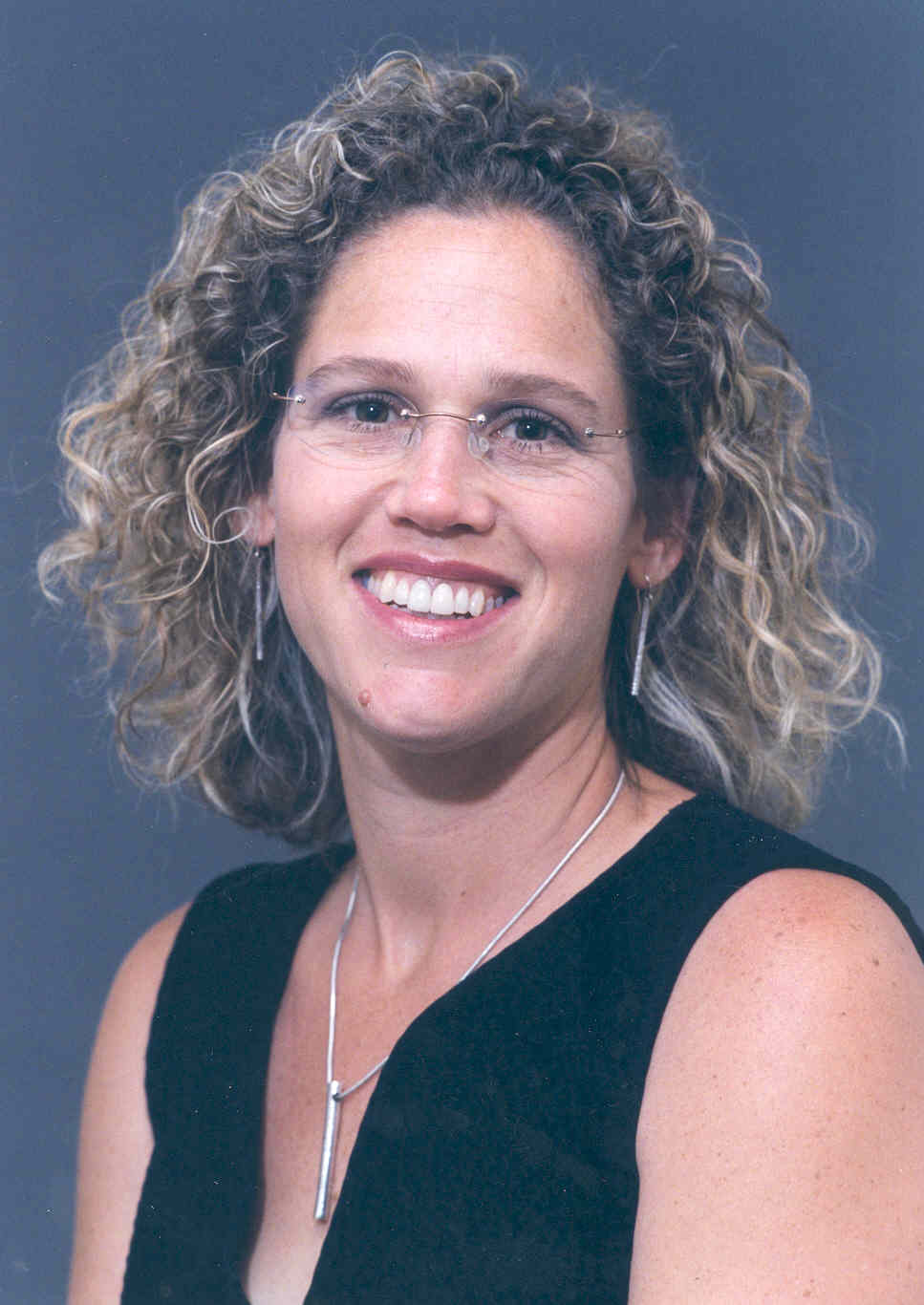Upending The Gender Status Quo In Gastroenterology at University Hospitals
June 12, 2024
Innovations in Digestive Health | Summer 2024
Percentage of women physicians far exceeds national average
 Ashley L. Faulx, MD
Ashley L. Faulx, MDBeing a physician is challenging regardless of gender, but female clinicians tend to have gender-specific needs like maternity leave that are not always a priority in the workplace. A professional medical environment that supports women and helps them grow and develop professionally is pretty inviting – and not all that common. University Hospitals has set the bar high in this area, according to Ashley L. Faulx, MD, a gastroenterologist at University Hospitals Digestive Health Institute.
“My sense, having spoken to women around the country, is that UH has a unique, encouraging, collegial environment in this specialty,” Dr. Faulx says. “Five of us in the UH Medical Group downtown are women, with another 4 in the community, so about 20% of our faculty are women. That’s pretty impressive.”
It Starts At The Top
Dr. Faulx credits the leadership at UH — in particular Fabio Cominelli, MD, PhD, Chief of the Division of Gastrointestinal and Liver Disease.
“When Dr. Cominelli arrived, I had been practicing at UH for six or seven years,” Dr. Faulx says. “He immediately recognized that I needed to be promoted and found ways to support me. For example, he asked me to lead the annual Cleveland IDEAS [International Digestive Education and Science] Symposium, an international clinical and basic science conference.”
Dr. Faulx says anything short of positive, supportive conduct towards women has never been tolerated at UH. The organization expects a certain level of professional behavior and outsiders who do not conform to this norm are quickly shut down.
“When your leadership behaves and treats you respectfully, it trickles down,” Dr. Faulx says. “Men look at this silent leadership and emulate it. I hear stories from women at other medical institutions and it really makes me appreciate what a great work environment I have.”
Women Supporting Women
Dr. Faulx says other women supported her as she came up through her training and medical practice at UH. Now she tries to pay it forward, helping female physicians get promoted, serve on professional committees and showing them that it really can be done. Her past and present activities outside of UH, including Chair of the Women’s Committee for the American Society for Gastrointestinal Endoscopy, Governor for northern Ohio for the American College of Gastroenterology and President of the Ohio Gastroenterology Society have helped her do this on a broader scale.
“We see a lot of really accomplished women who are doing great things on a regional and national level,” she says. “There are issues that are unique to women, and when you have other women around who get that, it helps. Specific accommodations, such as having a place to pump for new mothers, can really improve happiness at work.
“It’s not just the women,” she adds. “As important as career is, the men at UH also appreciate that there is more to life than GI. They model a healthy work-life balance as well and demonstrate that you can have a successful career and lead a balanced life.”
Continuing Trends
Gastroenterology has traditionally been a male-dominated specialty. This is changing, albeit slowly, as is the number of women going into medicine, regardless of specialty. The majority of GI fellows in our training program now are females.
According to the Association of Medical Colleges, the majority of applicants, matriculants and total enrollees for the 2022-23 school year were women, and 37% of active physicians in the United States are women, an increase from 28 percent in 2008. In 2021, 19.7 percent of the 15,700 gastroenterologists in the U.S. were female.
UH also has a tradition of women fellows in gastroenterology. Dr. Faulx says half of the fellows were women when she completed her training 19 years ago. She believes the number of women going into gastroenterology is starting to increase because it’s self-perpetuating.
“I think this growth reflects that women gastroenterologists have so many role models now,” she says. “The more we lead by example, the more women we attract. There are other women who show you, ‘Look, you can do this.’ They see us happy and thriving, and see a career in gastroenterology as a possibility for themselves.”
For more information, contact Dr. Faulx at 216-844-2179.
Contributing Expert:
Ashley L. Faulx, MD
Gastroenterologist
University Hospitals Digestive Health Institute
Professor of Medicine
Case Western Reserve University School of Medicine


